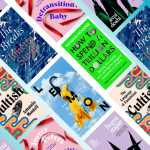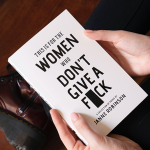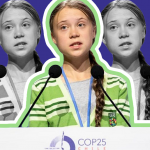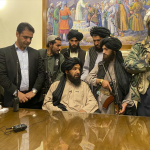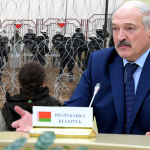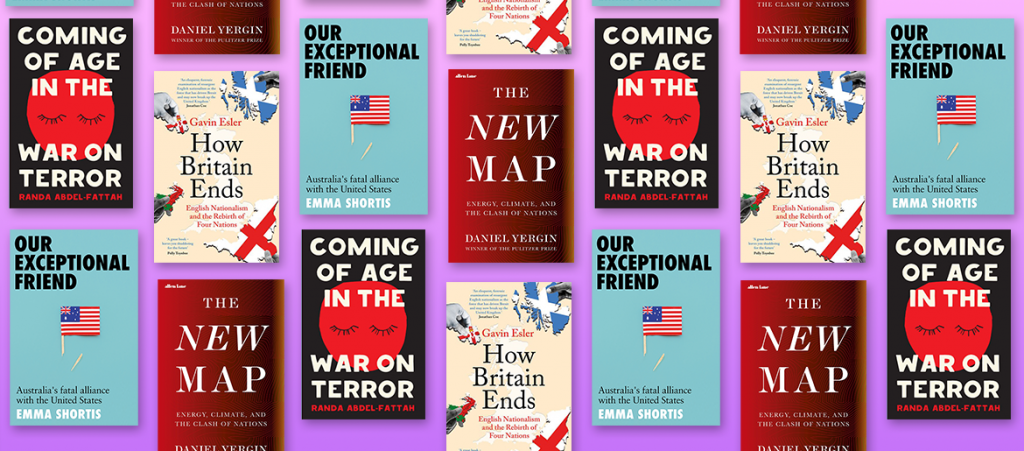
As the saying goes: “everything is politics.” A lot of the news we’re breaking down on Zee Feed relates to global politics and international affairs – whether it’s evaluating the impact of foreign elections on Australia, analysing the historical context behind a country’s current crisis, or explaining how international laws even work. To truly understand these stories, further reading is a must (there’s only so much we can cram into an Explainer!) So if the events of 2021 have made you eager to learn more about international affairs and global politics, here are five super interesting books to add to your list.
Our Exceptional Friend: Australia’s Fatal Alliance with the United States, by Dr Emma Shortis
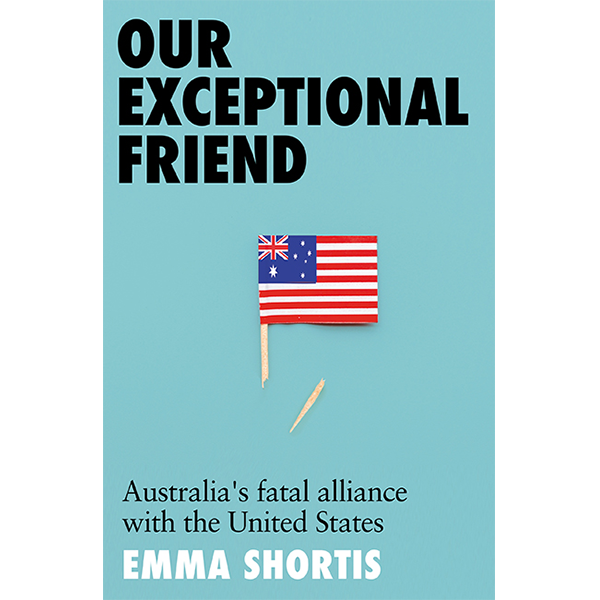
Political historian Dr Shortis has shared her expertise on the US with Zee Feed before, and her first book Our Exceptional Friend provides the historical context for the US-AU alliance leading up to and including Trump’s presidency. It’s already a favourite among journalists, politics and international affairs buffs for the insights into how Australia is positioned and perceived on the global stage.
This book asks a lot of big, meaty questions worth thinking about: is our alliance with the US, based almost purely on war, moral? Should we reassess this ‘friendship’ given the current global political climate? What would our relationship to the US look like if it was based on shared aspirations, peace and equality… and is that even possible?
Coming of Age in the War on Terror, by Dr Randa Abdel-Fattah
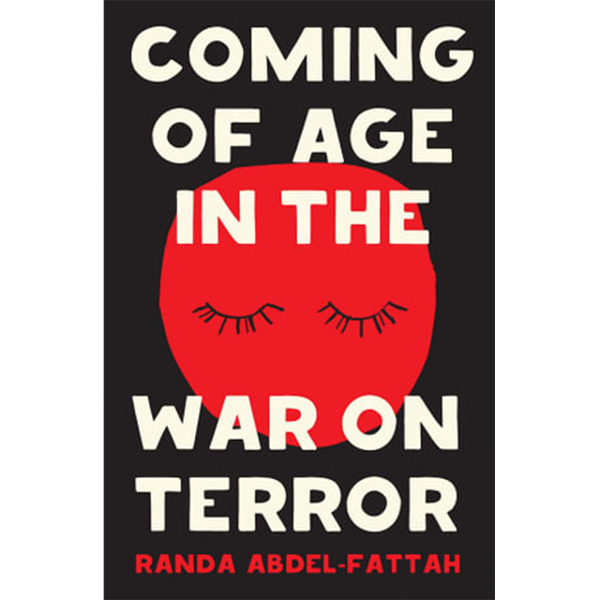
Dr Abdel-Fattah is one of Australia’s most prominent Palestinian-Australian voices. She is currently researching the generational impact of the war on terror on Muslim and non-Muslim youth – which is exactly what this book speaks to.
Coming of Age in the War on Terror looks at how the past twenty years of war in the Middle East have affected young people – their political beliefs, their trust in adults and institutions, and how they move through society. Dr Abdel-Fattah speaks to Muslim and non-Muslim Gen Zs and Zillennials to demonstrate how the widespread Islamaphobia created by the war on terror has shaped their worldview.
China Panic: Australia’s Alternative to Paranoia and Pandering, by David Brophy
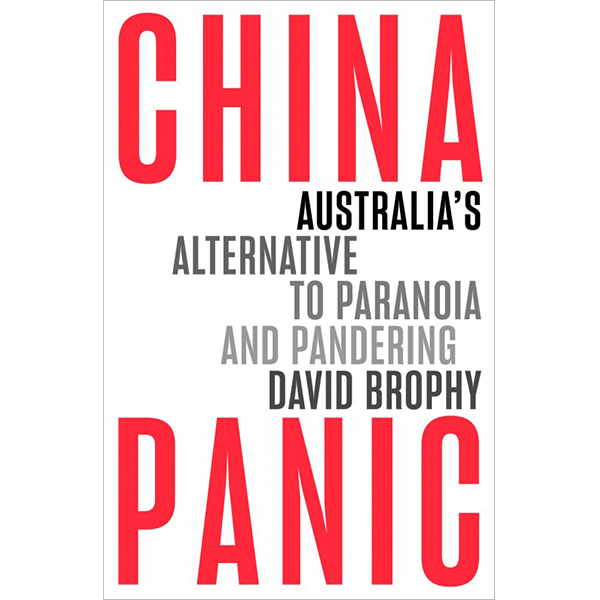
With the rise of China as a global power over the past 20 years, the China-Australia relationship has also been pushed into the spotlight. Alongside China’s rise, Dr. David Brophy argues that we’ve also developed ‘China panic’ – anti-Chinese sentiments stemming from the importance and deterioration of the relationship between China and Australia.
An expert in modern Chinese history, Dr Brophy’s book examines what drives ‘China panic’ from both the left and right sides of politics, and offers progressive alternatives to the Australian government’s anti-China policies. If you’re curious about what Australia’s relationship with China says about us and our power to be a global influencer – this is a must-read.
How Britain Ends: English Nationalism and the Rebirth of Four Nations, by Gavin Esler
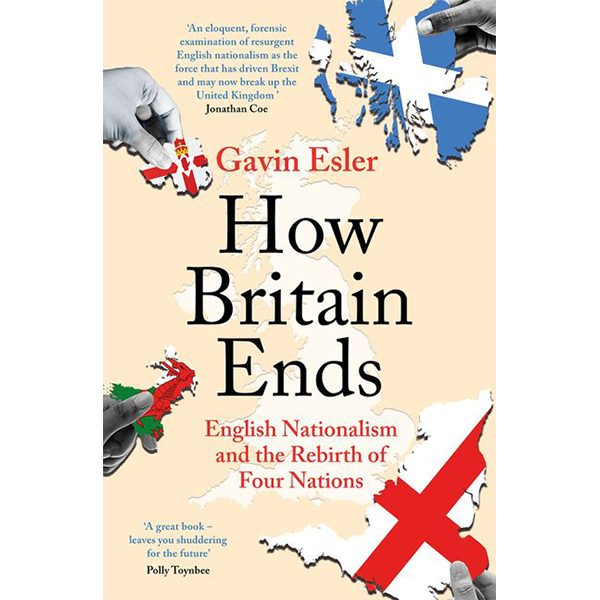
This is the book to help you understand wtf happened with Brexit, and why. Quick recap: Of the four countries in the UK, two voted to leave (England, Wales) and two voted to stay (Northern Ireland, Scotland), creating a huge rift. How Britain Ends explains how it was the rise of nationalism in England that created the path to Brexit, which could be the final straw for Northern Ireland and Scotland leaving the UK.
Esler considers the historical perspective of British identity politics, and what it means to be ‘British’ – as opposed to English, Scottish, Irish or Welsh – in the modern day.
The New Map: Energy, Climate, and the Clash of Nations by Dr Daniel Yergin
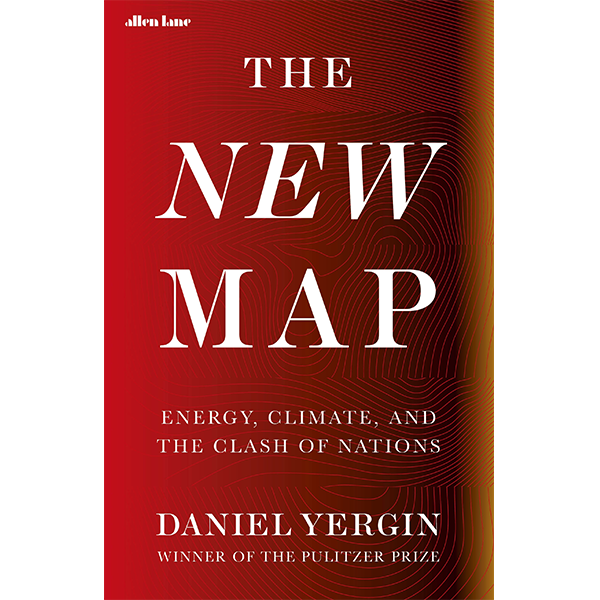
He’s an energy expert, economic historian with a PhD from Cambridge and a Pultizer Prize – Dr. Daniel Yergin is legit. His latest book, The New Map, looks ahead to the future: as the world transitions to renewable energy, and the demand for oil drops off, how will geopolitics change? How will relationships between the US, China, Russia and major Middle Eastern players like Saudi Arabia change when they no longer need to buy and sell oil?
Dr. Yergin covers every aspect of ‘energy security’ and how it is changing the world both now and into the future. It’s a little US-centric, but given the US is the world’s largest energy producer, The New Map is definitely still worth reading.

